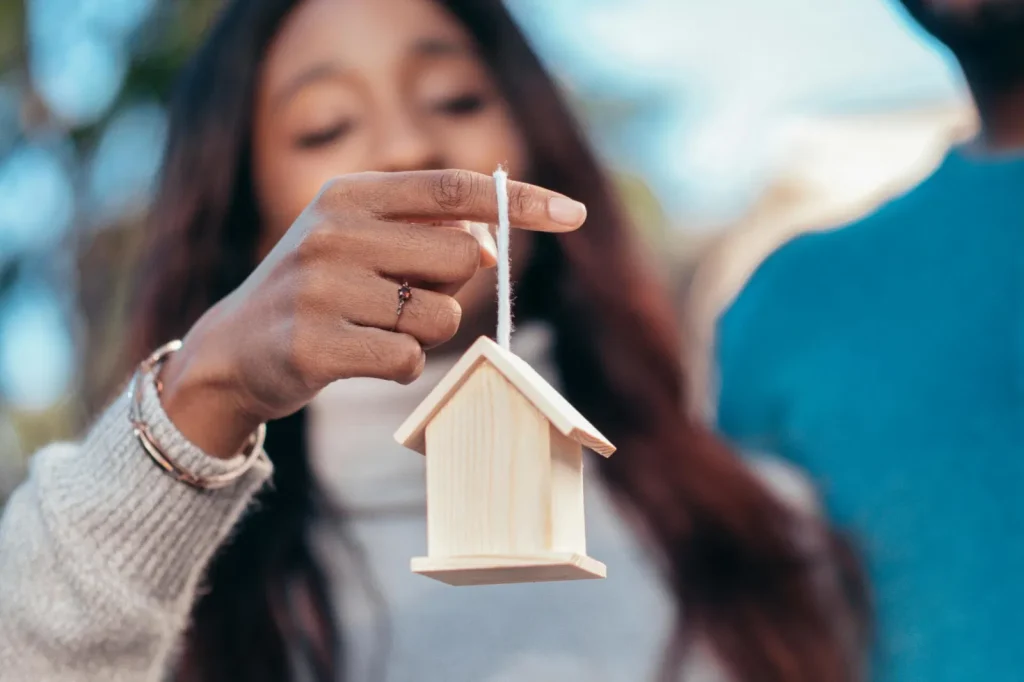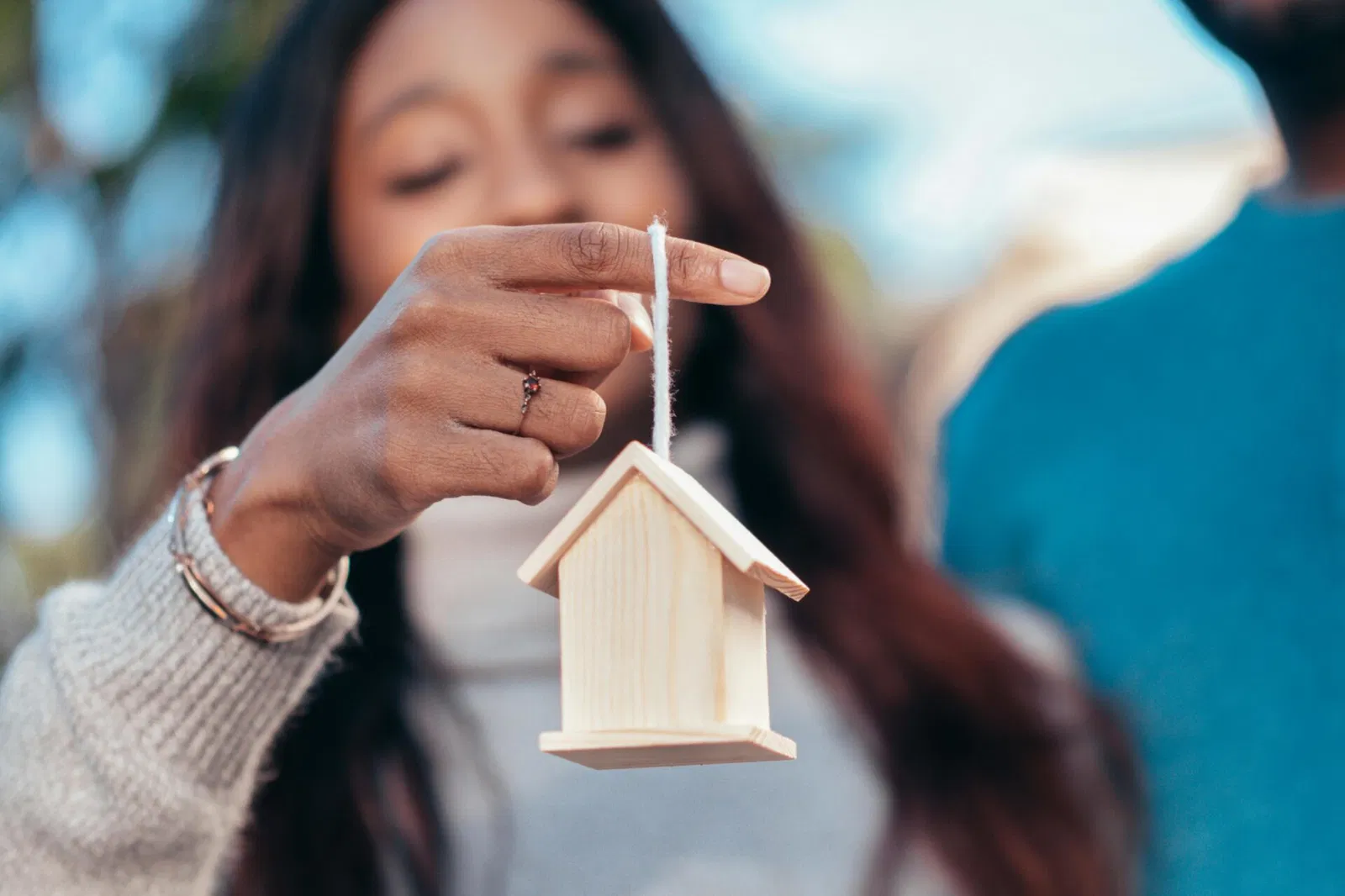Paying Twice: The Price Black Women Bear in the Fight for Homeownership.

The cost of living is outpacing Black women’s growth in work and homeownership.
The latest decline in Black homeownership is tied to wage gaps and job penalties that fall hardest on Black women.
Daryl Fairweather, Redfin’s chief economist, explained in Forbes how the ‘double tax’—higher unemployment and structural wage gaps—disproportionately affects Black women. The result: a heightened risk of being shut out of homeownership, as declines in Black women’s employment track with shrinking Black homeownership rates.
Supporting the trend, Real Estate Mortgage Professional data shows Black homeownership slipped to 43.9% in the second quarter of 2025, the lowest level in nearly four years. Unemployment among Black women also climbed to 6.3% in July from 5.5% a year earlier, as nationwide job growth slowed. These combined pressures threaten the traditional wealth-building promise of homeownership for Black families.
Today’s challenges are only part of the story for Black women. Historical barriers such as redlining, predatory lending, and the devaluation of Black neighborhoods have long widened the racial wealth gap. As a result, Black households often have less savings and equity, leaving them at a disadvantage in securing mortgages or covering down payments. Anna Gifty Opoku-Agyeman explores these realities in her book The Double Tax: How Women of Color Are Overcharged and Underpaid.
“Black women often face limited promotions, high turnover, and occupational segregation that funnels them into lower-paying career paths,” Opoku-Agyeman told Forbes. “During downturns, these combined costs of racism and sexism only intensify, especially in fields where Black women are concentrated, like the federal workforce or DEI roles, which are often first on the chopping block.”
Experts emphasize the need for equity-focused policies to address these persistent disparities. Proposals include targeted down-payment aid for first-generation buyers and Special Purpose Credit Programs (SPCPs) that allow lenders to offer fairer loan terms to historically excluded groups—both of which show promise in expanding Black homeownership.
Without such systemic interventions, the economic pressures and long-standing barriers behind the “double tax” will continue pushing the dream of homeownership—and the path to generational wealth—further out of reach.



